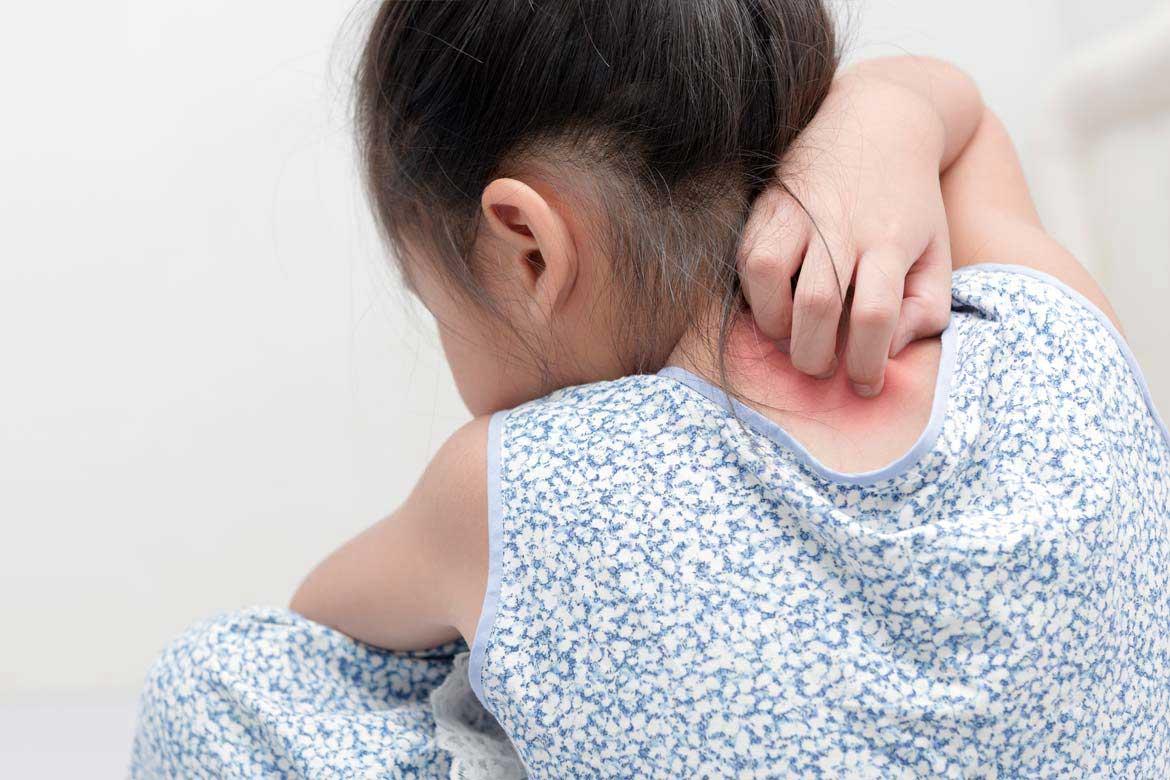-
-
Featured Care Areas

Bronchiolitis
What is bronchiolitis?
Bronchiolitis is a common viral chest infection that occurs in infants and young children.
The infection can make breathing difficult due to:
- Inflammation
- Mucous accumulation
- Narrowing of your child’s airways
What are the symptoms of bronchiolitis?
In the initial few days, your child may show common flu-like symptoms like clogged or runny nose and mild cough.
Around the fourth to fifth day, the following symptoms of bronchiolitis may develop and worsen:
- Rapid breathing
- Noisy breathing with a wheezing sound
- Difficulty eating or drinking
- Difficulty breathing
- Irritability and fever
Your child may continue to feel sick for up to 10 days. As they recover, the cough can continue to persist for up to 4 weeks.
What causes bronchiolitis?
The infection is commonly caused by viruses, such as:
- Influenza
- Rhinovirus
- Adenovirus
- Parainfluenza virus
- Human metapneumovirus
- Respiratory syncytial virus
In rare cases, bronchiolitis may also be caused by bacteria.
What are the risk factors for bronchiolitis?
A child has a higher risk of bronchiolitis if they:
- Were born prematurely
- Have chronic heart disease or chronic lung disease
- Have a weakened immune system due to a recent illness
How to prevent bronchiolitis
Bronchiolitis is an infectious disease that is transmitted via infected droplets in the air or through contact with objects that are contaminated with infected droplets.
To prevent bronchiolitis:
- Avoid close contact with anyone who is unwell.
- Vaccinate your child from influenza every year once they are 6 months or older. This protects your child from more contagious flu strains.
- Ensure that your home is a smoke-free environment. Infants exposed to cigarette smoke are at increased risk of bronchiolitis.
This page has been reviewed by our medical content reviewers.
Need help?
For enquiries, please call
+65 6377 3737
For appointment bookings, please WhatsApp
+65 8111 3777





